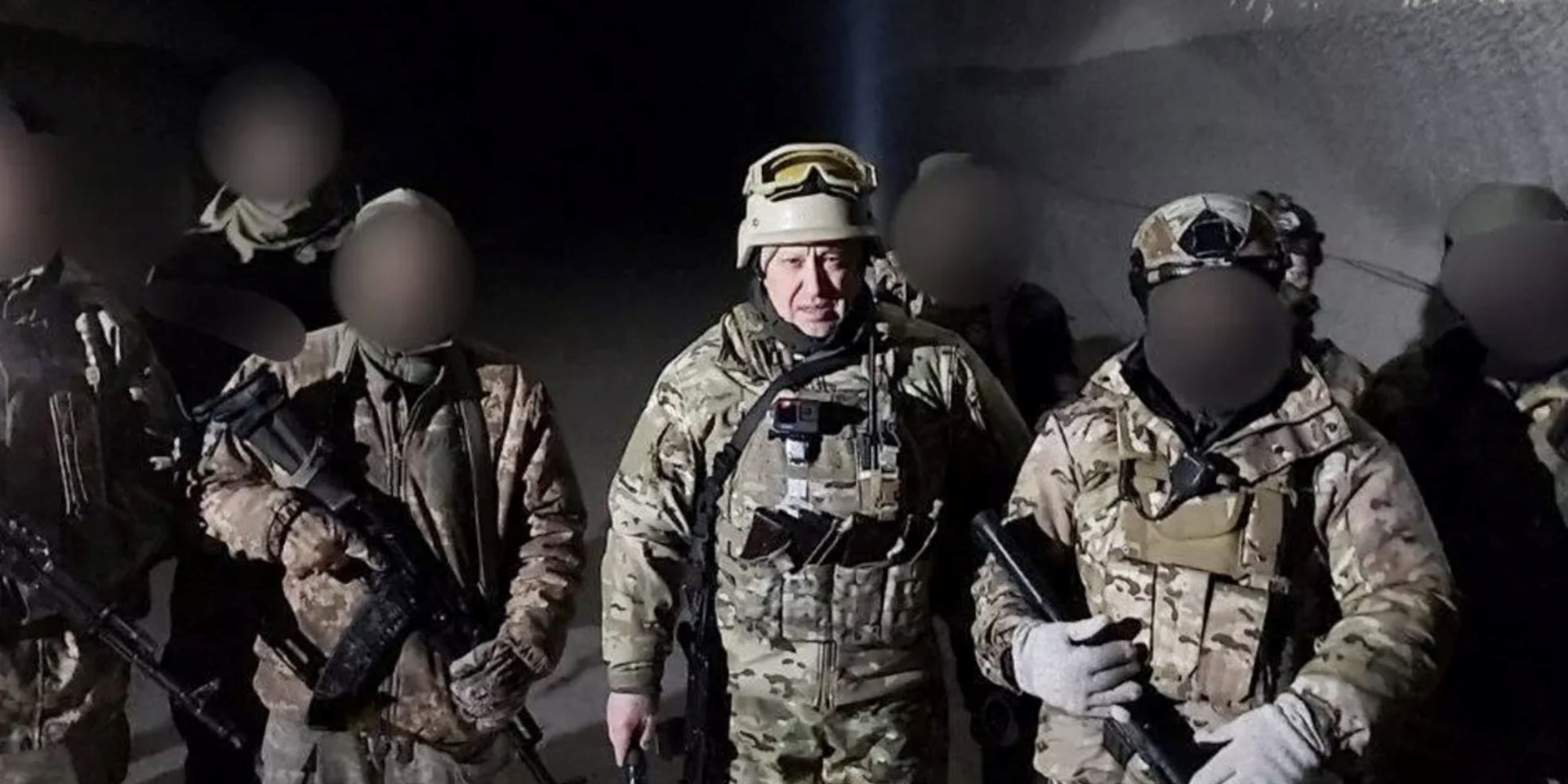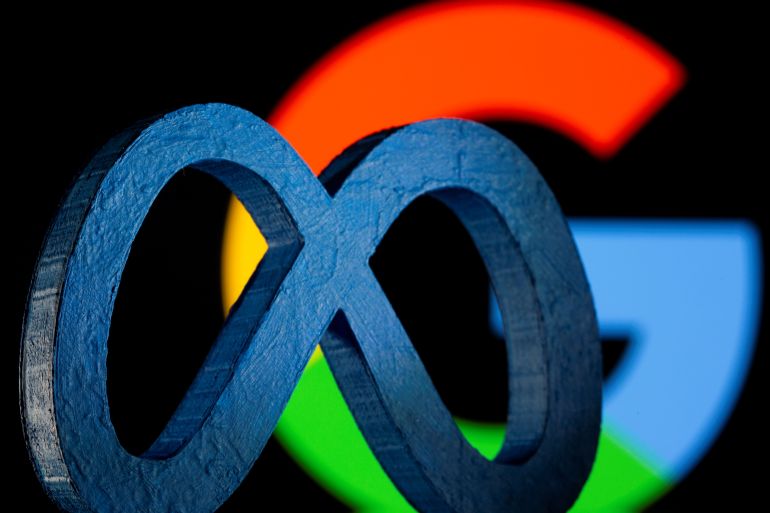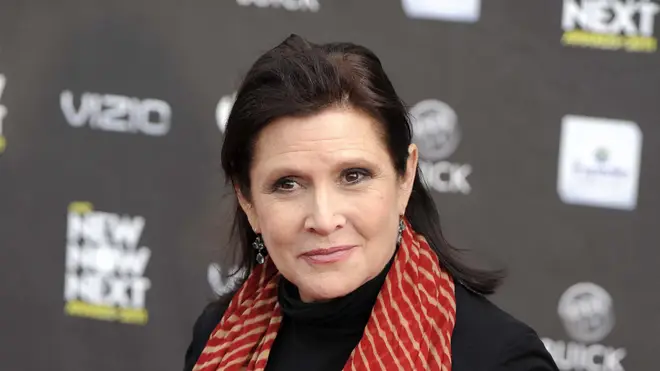Thousands of miles away from conflict in the Middle East, the Palestinian flag flies on a cold autumn night at a football stadium in the Chilean capital, Santiago.
Hundreds of fans have come out to support their team, Club Deportivo Palestino – a professional football club which plays in the green, black, red and white colours of the Palestinian flag.
The left sleeve of the team's jersey sports a Palestinian map – as it appeared before the creation of Israel exactly 75 years ago.
Politics is never far away at the club created by Palestinian expats in 1920.
"More than a team, an entire people," proclaims the club's logo.
"We even have songs: 'Gaza resists/Palestine exists'," fan Rafael Milad, a 29-year-old businessman, told AFP.
"Palestino is 100 years old, older than the State of Israel," he added.
'Palestino is Palestine'
At the beginning of the 20th century, Christian Arabs from the towns of Bethlehem, Beit Jala and Beit Sahur arrived in distant Chile and founded a South American community that today numbers around half a million people – the largest outside the Arab world.
They became successful textile merchants, and their descendants entered the political sphere: 35 have been ministers or congressmen.
Three decades after it was formed in 1920, the club made its professional debut.
"Palestino is Palestine and Palestine is Palestino. We are always very concerned with the cause," said Roberto Bishara, a former club player.
The team has won two national titles (1955 and 1978) and made it to a semi-final in the Copa Libertadores in 1979.
In 2014, the team changed the number 1 on the back of their jersey to the elongated shape of the Palestinian territory before 1948, but were fined and banned from wearing it by the Chilean Football Association after a complaint.
Once, the players also caused controversy when they wore the keffiyeh, a traditional headdress worn by Middle Eastern men, onto the pitch.
In 2019, the club arranged giant screens for the fans in Ramallah to follow an international duel against Argentina's River Plate.
Today the squad no longer has players of Palestinian origin. The last was Nicolás Zedán, who left the club in 2021.
But the team continues to represent "all those Palestinians who are there having a hard time. Each Palestino triumph... is a small joy among the suffering they have every day," Miguel Cordero, a 49-year-old lawyer of Palestinian origins, told AFP.
Women too
When not at the stadium, fans gather to watch matches at a clubhouse, also in Santiago, which boasts some 4,600 members.
The venue flaunts a historic Palestinian map, a mural with the figure of leader Yasser Arafat and plays Arabic music in the background.
Francisco Muñoz, 48, is perhaps the team's most colourful fan.
He frequently goes to the stadium dressed up as an Arab "sheikh" and his home is a shrine to the team.
"I was at a conference... where I saw the Israelis taking people out of their homes without warning and killing them. There I began to have sympathy" for the cause, he said.
In Chile generally, "there is no confrontation [with the community]," except with very extreme sectors," said Sabas Chahuan, Palestino vice-president.
Contrary to the situation faced by women in the occupied Palestinian territories, where they can face pushback for activism against gender discrimination, according to the United Nations, the Palestino team works actively on promoting its female division.
"I’m here in football, which used to be for men only, and I think of Palestinian women. It would be nice if they had the freedom to express what they feel," says Isabel Barrios, coordinator of the women’s team created almost 25 years ago and winner of the league title in 2015.
The Chilean club also finances football schools for boys and girls in the Palestinian territories.
Palestino: A Passion of More than One Hundred Years
By Diego Khamis Thomas

As Pablo explains to Benjamin, in a scene from the movie Secret in their Eyes, “A guy can change everything: his face, his house, his family, his girlfriend, his religion… God, but there is one thing that he cannot change, Benjamin, … he cannot change his passion.” For every fan of a team, the club they love is their passion. In my case, it is Club Deportivo Palestino (Palestinian Sports Club). To many, this may seem bizarre. It could even be seen as something irrational, but I think that in my case with Palestino, there is an explanation.
Unlike many, I don’t remember when I went to see Palestino play for the first time. I assume it must have been in 1992 or 1993, in La Cisterna. I was born in October 1990. My dad, José, was treasurer of the board, chaired by Fernando Lama between 1988 and 1993, during that legendary campaign that saw the Club promoted in just one season. In other words, the Club was present in my life since my first months of life. My whole family are fans of the Club, and my grandfather and several relatives have been leaders of the institution.
Up to this point, my relationship with Palestino may not differ much from the stories of other clubs’ fans. What makes this relationship special is that Palestino summarizes several of my identity landmarks, things that mark you as a person. Palestino represents the contribution that the Palestinians and their descendants made to our country; it is the emblem of it, of a group of immigrants who knew how to integrate into the country, who learned how to love it, contribute to it, but who have never forgotten their roots. It is the symbol of integration. Our community is proud of the dedication that the Club shows to the lower classes: it doesn’t deal only with sport, but also does social work for thousands of Chileans. Palestino has changed the lives of many, especially with the football academies for minors in Jerusalem, Ramallah, Gaza, Bethlehem, and Beit Jala, since 2020. We hope that there will be a Palestino academy in every Palestinian city.
In addition, Palestino represents a different and peaceful form of resistance, of maintaining the flag of a country that cries out for its legitimate demands. This is the essence of the club.

Although it was officially founded in 1920, the decision to take the club to professional level came from the initiative of a group of young people, led by Father Raúl Hasbún. The latter said on the occasion of the 1947 partition of Palestine: “Palestine is being erased from the map… In Chile we have to put it back on the map.” Professionalizing the Club would put the name of Palestine in the media at least once a week, first in Chile, but hopefully in all of South America. With the intent of professionalizing the club, they took it to the Osorno Arab Olympiad in 1949, to finally see it debut in the Second Division in 1952, win the championship, and get promoted to the First Division.
The dreams of these young Palestinians were supported by the great businessman Amador Yarur, who refused to change the name from Palestino to Arabe despite an offer of a large amount of money.

The objective was clear, and it has been fulfilled in excess: Palestino is Palestine. In times when many denied the existence of our people, in times when the flag was banned, it flew in Chile from north to south. In Chile and in South America, our identity could not be denied: Palestino is a club that is twenty-eight years older than the State of Israel. Along with globalization, its fans multiplied around the world: the Club made it possible for Palestinians in Palestine and in exile to follow the team. Not only Palestinians, but many people who feel themselves represented by the Club, since Palestino is, ultimately, a form of resistance, as embroidered on the club’s shirt: “More than a team, a whole people.”

Palestino is the expression of my identity, just as it should be with all Palestinians and descendants of Palestinians who were forced to leave Palestine. I cannot define myself as plain Chilean: I am not that. Nor can I define myself as a Palestinian: I am a proud son of Chile. My identity is Chilean of Palestinian origin: I cannot forget either of the two parts – they are both very essential to my being.
That is what Palestino is: the living representation of my identity. We go to the field to support a Chilean team, but a large number of the songs are adaptations of Arab songs. The fans do not use the bass drum, like other teams in South America; we used the daf and tob’bale (as we call the derbake in Chile). In the stadiums, flags are sold not only with the Club’s shield, as is the case with other teams, but also the Club and the fans are represented by the Palestinian flag. Vine leaves and Arabic cakes mingle with mechada (a typical Chilean sandwich) and peanuts, and swearwords in ancient Arabic are mixed with typical Chilean ones. That is Palestino: the clearest and most vivid expression of our Chilean identity of Palestinian origin.

I have always wondered if I would have been such a soccer fan if Palestino didn’t exist. A goal from Palestino is a goal from Palestine; it is a goal from those immigrants who came to Chile looking for a destiny that they could not find in their own land; a goal from us, from their descendants who are as Chilean as we are Palestinian proud of our origin and history; a goal that is a joy for Palestinians resisting a brutal occupation. For me, Palestino is much more than soccer: Palestino is my identity; Palestino is my passion.


Diego Khamis Thomas is executive director of the Palestinian Community of Chile, a lawyer at the Catholic University of Chile, and secretary-general of the Palestinian Club. He is a former president of the Youth Board of the Palestinian Club. He has also served in the Government of Chile, and has been advisor to several parliamentarians.



























